MercoPress. South Atlantic News Agency
Tag: farmland
-
Friday, March 14th 2014 - 09:00 UTC
Farm land sales in Uruguay last year totaled a record 1.3bn dollars
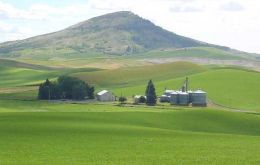
Farm land sales in Uruguay totaled a record 1.3bn dollars in 2013, involving 1.868 operations and 370.927 hectares, which is 10% more than in 2012, according to the Ministry of Agriculture, Livestock and Food ministry's Stats Office, DIEA. Uruguay's farmland covers approximately 17 million hectares and the most dynamic buyers are the pensions funds, says the report.
-
Tuesday, April 2nd 2013 - 20:15 UTC
Brazil’s boom crops expose port congestion and lack of infrastructure
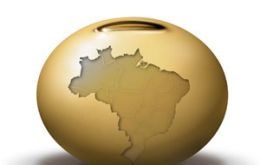
Brazil’s soybean production has reached record levels this season which could make the country the world’s leading producer but port congestion and lack of storage capacity are impeding exports of soybean as producers fear losing international markets.
-
Monday, December 3rd 2012 - 05:57 UTC
Brazil farmland prices quadrupled over the past decade outpacing inflation

Prices for farmland in Brazil surged by an average 14% a year to nearly quadruple over the past decade, well outpacing inflation and nearly matching gains made by São Paulo's blue-chip Ibovespa stock index, a new study shows.
-
Monday, January 2nd 2012 - 06:21 UTC
Saudi dairy farm buys 30.000 acres of prime land in Argentina
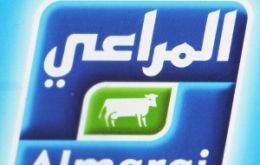
Saudi Arabia's largest dairy company announced it was buying Argentine farm operator Fondomonte for 83 million dollars to secure access to a supply of animal feed. The acquisition will give Riyadh-based Almarai Co. control of roughly 30,000 acres of farmland just ahead of tough new limits to be imposed by Argentina's government on foreign ownership of productive land.
-
Monday, July 25th 2011 - 05:59 UTC
Argentine farmers accuse government of “obsession with power” and exploiting misery

The head of the Argentine Rural Society, Hugo Biolcati carried out a harsh speech against the administration of President Cristina Fernandez saying it was time “to stop punishing farmlands and Argentina”.
-
Friday, July 1st 2011 - 06:29 UTC
Australian MPs plant to limit purchase of prime farmland by foreigners
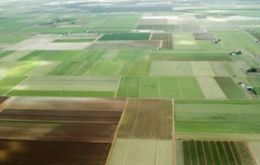
Australian lawmakers are demanding a review of foreign investment rules to stop foreign mining companies, including those from China, buying up prime farmland.
-
Tuesday, June 21st 2011 - 03:46 UTC
A million acres estancia in north-west Argentina on sale
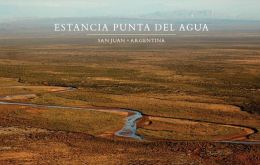
Estancia Punta del Agua, probably the largest ever block of freehold land to come onto the market in north Argentina is being sold by London based agent Savills. The estate in San Juan province in the north west of the country is currently owned by a family company and is described as having enormous potential for agricultural or eco power possibilities.
-
Thursday, June 9th 2011 - 08:56 UTC
Uruguayan government divided over implementation of a new tax on farmland

The Uruguayan government is trying to decide how to implement a controversial new tax on land holdings involving approximately 60 million dollars per annum and which has exposed deep differences in the ruling coalition, is rejected by farmers and feared by investors.
-
Thursday, May 12th 2011 - 18:32 UTC
Brazilian president promises land reform and distribution for family settlers
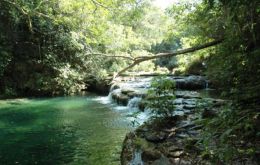
Brazilian president Dilma Rousseff claimed that land reform was needed to eradicate poverty, avoid overcrowding in urban areas and as a matter of justice for the long delayed distribution of land.“
-
Tuesday, April 26th 2011 - 05:49 UTC
Price of farmland in Uruguay increased on average 13% during 2010
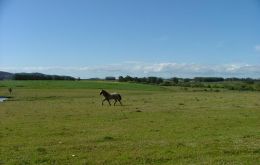
The average price for a hectare of farmland in Uruguay during 2010 increased 13% and reached 2.650 US dollars. The average farmland hectare in 2009 was 2.239 USD.
